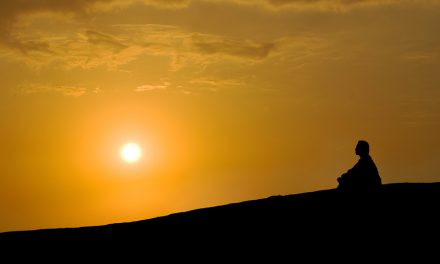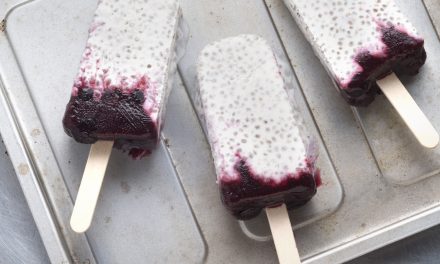Many things in modern society can contribute to a restless night, from blue-light screens to the racing of an anxious mind. When you factor in the substance-specific buzz of caffeine, nicotine or alcohol, it complicates bedtime a bit more.
But according to new research published in Sleep, one of those three is not as detrimental to sleep as one might think. The publication stated:
Relative to nicotine and alcohol, caffeine has enjoyed a reputation as a productivity tonic that’s fine — if not necessary — for work. There are costs to overdoing it on caffeine, but interrupted sleep, surprisingly, does not seem to be one of them.
RELATED STORY:
The research took place at the Jackson Heart Study, under the supervision of Christine Spadola, Ph.D., an expert in social welfare at Florida Atlantic University. It studied the evening rituals of 785 African-Americans and found that people who drank caffeine within four hours of bedtime experienced no significant impacts on sleep. Alcohol and nicotine, on the other hand, were a very different story.
Spadola says she was stunned by how many people were willing to wager their sleep quality for a hit of caffeine. To conduct the study, she recorded their (self-reported) alcohol, nicotine, and caffeine habits. She then compared the results with the readings from a wearable sensor worn by each person. The sensor tracked their sleep quality over an average of 6.7 nights each (a total of 5,614 nights).
RELATED STORY:
Forty-five percent of the participants reported at least one evening of caffeine intake. By comparison, 19.6 percent reported drinking alcohol during the evening on at least one occasion, and 9.2 percent used nicotine. Spadola said:
We were surprised at the number of people who reported consuming at least one caffeinated beverage within four hours of bedtime.1
Unlike nicotine, caffeine had no effects on a variety of sleep parameters, which include sleep efficiency — the percentage of time in bed actually spent sleeping — and “wake after sleep onset,” which is the amount of time spent trying to fall back asleep after waking up during the night.
However, Spadola cautioned that it’s still too early to start chugging mid-afternoon espressos with free abandon. This study didn’t examine individual caffeine sensitivity (which can be highly individualized), so these results may vary depending on the person. She added:
Because of this, we still recommend following general guidelines and limiting caffeine consumption after 12 noon for optimal sleep.1
This study might make you rethink that afternoon cup of coffee. But for those that partake in “nightcaps” or a late evening JUUL pod, you may want to think again. Unlike caffeine, nicotine and alcohol both had negative impacts on sleep.
RELATED STORY:
In the study, alcohol reduced sleep performance by about one percent, but it had no effects on sleep duration. Spadola said that these findings are inconsistent with the idea that alcohol is a “common over-the-counter sleep aid.”1 Because, even though a nightcap may help people fall asleep faster, the quality of sleep suffers. She added:
The overarching research supports that while [alcohol] can help you fall asleep, it leads to more fragmented sleep in the second part of the night.1
Nicotine also reduced sleep efficiency by 1.74 percent throughout the night. However, unlike alcohol, it also increased the number of restless minutes spent lying in bed, trying desperately to fall back asleep after a random awakening. An evening of nicotine use was associated with an average of six more minutes of that feeling compared to an evening without it.
RELATED STORY:
The research showed that none of these are great taken together before bedtime. There is a major drawback to their study – it didn’t involve any data on the dosage of alcohol, nicotine, or caffeine that any person consumed before bed. But it gives a broad look at the effects of the three as well as a suggestion about which of them has more sleep-taxing side effects.
The study concluded that nicotine and alcohol use within four hours of bedtime was associated with increased sleep interruption. These findings support the importance of sleep health recommendations that promote eliminating evening alcohol and nicotine use for a night of improved and more restful sleep.
Source:












